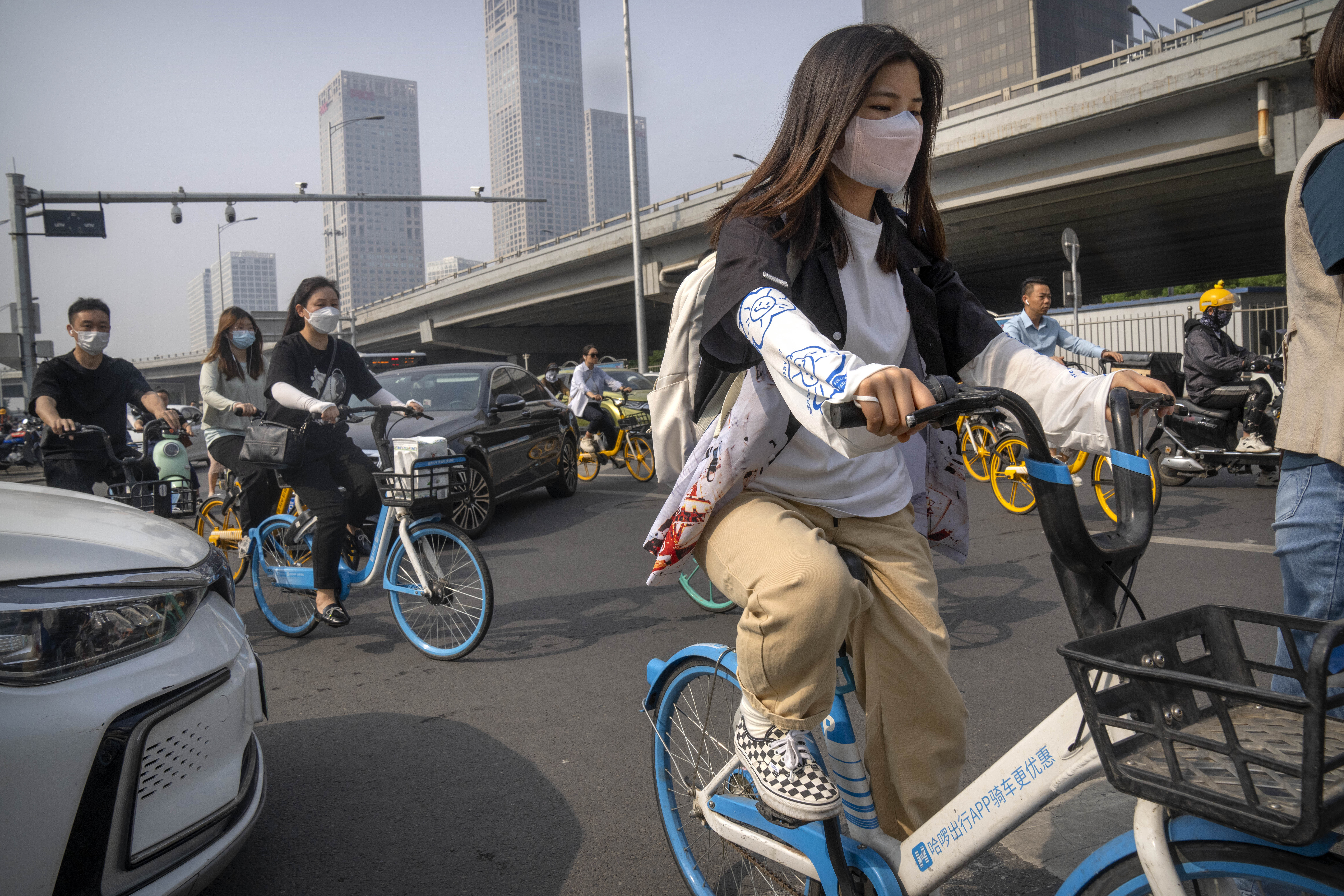
Speedy implementation of a combination of measures such as face masks, lockdowns and international border controls, “unequivocally” reduced COVID-19 infections, a major review has shown.
The report published Thursday by the Royal Society looked at findings from six evidence reviews that analyzed thousands of studies to assess the effect of masks, social distancing and lockdowns, test trace and isolate systems, border controls, environmental controls and communications. It found evidence that each of these measures — which are called “non-pharmaceutical interventions” — were effective, albeit to varying degrees, when looked at individually. However, the evidence in favor of using these tools was stronger when countries combined several measures.
The report could have significant implications for decision-making in future outbreaks, with Mark Walport, chair of the report’s expert working group and foreign secretary of the Royal Society, saying that “having protocols in advance is really important.” He said what policymakers should take from the research is “there is evidence that non-pharmaceutical interventions are effective, but … they have to be applied as packages, and they have to be applied as early as possible.”
The most effective measure, according to the review, was one of the most controversial — restrictions on movement and social interactions through lockdowns, distancing and rules around the size of gatherings. These were repeatedly found to be associated with a “significant reduction” in transmission of the virus, with the more stringent the measure, the greater the effect.
For masks, 75 studies were assessed, with 63 of these finding positive effects. Unlike the January Cochrane review, which only looked at randomized controlled trials, this review also included observational studies. The Cochrane review was unable to find conclusive evidence that masks helped stop respiratory viruses.
Chris Dye, professor of epidemiology at the University of Oxford, who led the review on masks for the Royal Society, said if they had only looked at randomized controlled trials they would have come to the same conclusion as the Cochrane review. But the researchers behind the paper released Thursday chose to analyze a larger body of studies and found strong evidence that masks work.
A key finding from the research was these type of measures were most effective when implemented early on. Dye said that while there is a 100-day mission to develop drugs, therapeutics, vaccines and diagnostics for a future pandemic, “it would be marvelous” if there were a 100-day vision for non-pharmaceutical interventions. He said this would mean countries could “put in place the necessary mechanisms for preparedness, which would be to implement [non-pharmaceutical interventions] when some unknown new pathogen comes along.”
While a future pandemic could be transmitted sexually or gastrointestinally, Salim Abdool Karim, a member of the working group on the report and pro-vice-chancellor for research at the University of KwaZulu-Natal, said the biggest concern was a respiratory virus. “The lessons of SARS-CoV-2 have to feature in our thinking as we prepare for a next pandemic that would be a respiratory virus of which we’ve got no prior exposure and so we don’t have a pre-existing immunity. The lessons of this report are going to feature strongly in anyone’s deliberations,” he said.
However, responding to the report, Kevin McConway, emeritus professor of applied statistics at the Open University cautioned that impact on virus transmission is not the only factor that should be taken into account when deciding to use such measures. “The report does point out explicitly that NPIs can impose a great number of costs and burdens, in terms social and economic impacts, and indeed of increasing ill health … but makes it very explicit that this piece of work isn’t going to consider any of that.” “I think that limits quite severely its effectiveness in helping decisions on what should be done in the next pandemic, whenever it arises.”
